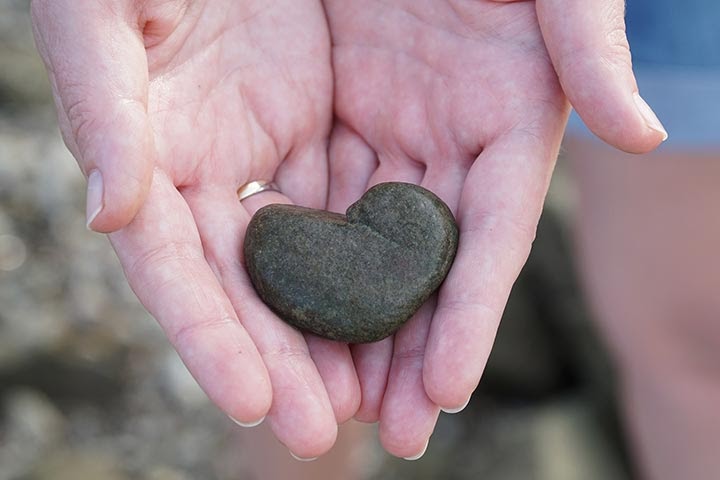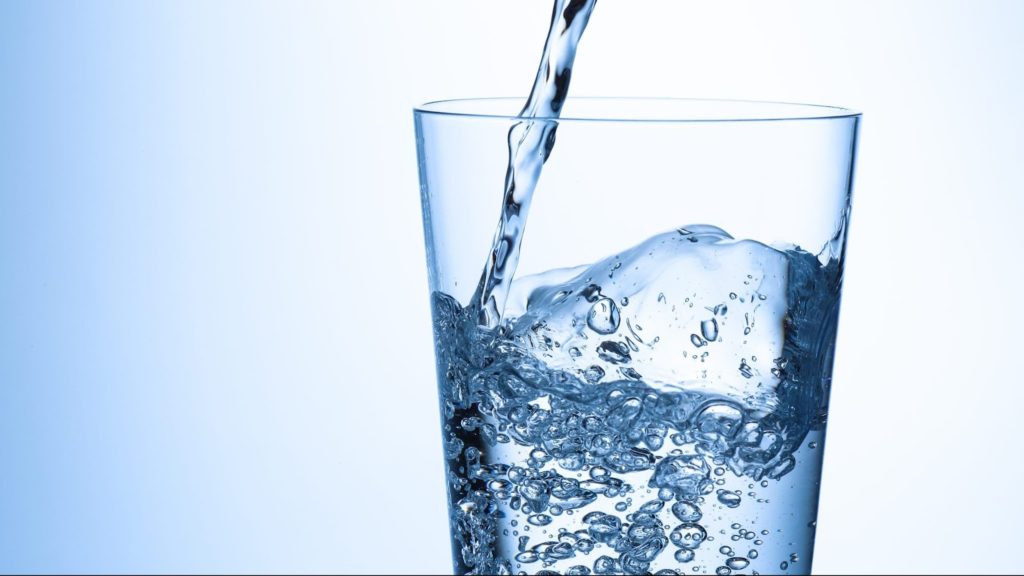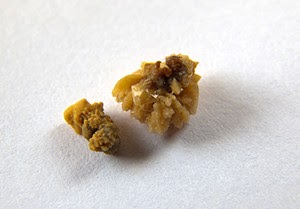Kidney stones are solid mineral deposits that form inside your kidneys. When these deposits pass through your urinary tract, they create a great deal of discomfort. Dr. Sumanta Mishra, a renowned urologist in Bhubaneswar, has noticed that his patients frequently get kidney stones. As a result, he has written this post to inform his patients and readers about avoiding kidney stones.
Kidney stones are hard mineral deposits that develop within your kidneys. When these deposits pass through your urinary tract, they create a great deal of discomfort. Furthermore, once you’ve had one kidney stone, you have a 50% probability of getting another in the next ten years.
There is no sure-fire way to get rid of kidney stones. Especially if you have a family history of kidney stones, some medications, lifestyle, and dietary modifications may help lower your risk.
How to Prevent Kidney Stones Naturally?
Making minor changes to your current food and nutrition plan will help you avoid kidney stones.
• Drink a lot of water
Drinking a lot of water is an excellent approach to prevent kidney stones. If you don’t drink enough water, your urine output will decrease. Your pee becomes more concentrated when you have low urine production. Bhubaneswar’s finest urologist warns that it is less likely to dissolve urine salts, leading to stones.
Every day, drink about eight glasses of water. At the very least, drink enough to pass two liters of pee. If you sweat a lot of exercise, you’ll need more liquids. If you have a history of cystine stones, you will also drink extra water.
To detect if you’re dehydrated, look at the color of your urine; it should be pale yellow or clear. If your pee is black, you should drink more water.
• Eat more calcium-rich foods.
Because calcium oxalate stones are the most common type of kidney stone, many people believe they must avoid calcium. The converse is true. Diets low in calcium can increase your chances of developing osteoporosis and kidney stones. Calcium supplements, on the other hand, may increase your risk of kidney stones. Calcium supplements can be taken while eating. It will aid in the reduction of this risk.
Low-fat cheese, low-fat milk, and low-fat yogurt are all calcium-rich foods.
• Reduce sodium intake.
A high-salt diet raises the risk of calcium kidney stones. Excess salt in the urine prevents calcium from being reabsorbed into the bloodstream, according to studies.
High calcium content in the urine as a result of this scenario can lead to kidney stones.
To lower urine calcium levels, you should eat less salt. By lowering the calcium in your urine, you can reduce your risk of developing kidney stones.
To reduce your salt intake, read food labels carefully.
• Processed foods, such as crackers and chips
• Monosodium glutamate
• Sodium nitrate
• Sodium bicarbonate (baking soda)
• Canned Soups
• Canned Vegetables
• Lunch Meat
• Condiments-You can flavor foods with a salt-free herbal seasoning blend.
• Eat fewer foods high in oxalate.
Oxalate causes kidney stones in certain people. It’s a naturally occurring chemical that causes kidney stones when it binds to calcium in the urine. Keeping oxalate-rich foods to a minimum may help you avoid the production of stones.
Oxalates are found in the following foods:
• Spinach
• Chocolate
• Soy Products
• Beets
• Wheat Bran
• Sweet Potatoes
• Peanuts
• Rhubarb
• Coffee
Calcium and oxalate bind together in your digestive tract before reaching your kidneys.
According to Dr. Sumanta Mishra, Bhubaneshwar-based urologist, if you eat calcium-rich foods and high-oxalate foods simultaneously, stone development becomes more difficult.
• Eat less animal protein.
Animal high-protein diets are acidic and can cause urine acidity to rise. Calcium oxalate and uric acid kidney stones are caused by increased urine acid. Avoid or limit your intake of:
• Beef
• Poultry
• Fish
• Pork
• Avoiding vitamin C supplements.
Supplementing with vitamin C (ascorbic acid) might cause kidney stones, especially in men.
According to a study, males who consumed higher vitamin C supplements had a twofold increased chance of getting kidney stones. According to studies, vitamin C obtained from food does not pose the same risk.
Herbal medicine.
Stonebreaker, also known as Chanca Piedra, is a herbal folk medicine used to treat kidney stones. Some people believe that the plant can help avoid calcium-oxalate stones. They also think it reduces the size of stones.
Herbal remedies should be used with caution. They haven’t been thoroughly examined or regulated as a means of preventing or treating kidney stones.
Medications to help avoid kidney stones.
In some circumstances, simply changing your diet will not be enough to prevent kidney stones from forming. If you’re having trouble with kidney stones, talk to your doctor about how medications can help.
Kidney stones are a regular occurrence. Methods of prevention do not guarantee that they will be effective. They may, however, reduce your chances. The easiest way to avoid kidney stones is to stay hydrated and make appropriate dietary modifications. Talk to your doctor if you have a condition that puts you at risk for kidney stones, such as a persistent urinary tract infection, inflammatory bowel disease, obesity, or illness.
If you’ve ever passed a kidney stone, make an appointment with your doctor to have it tested. Once you know what type of stone you had, you can prevent more stones from forming.



